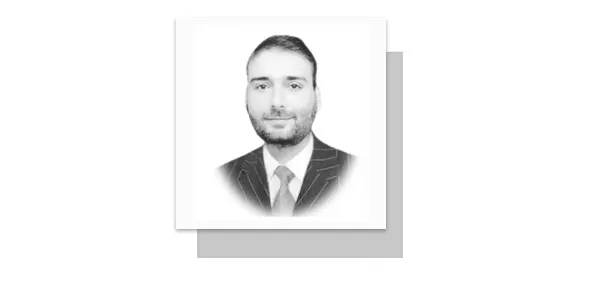THE imminent 2024 general election in Pakistan carries a weighty cloud of uncertainty, especially for the women in Sindh profoundly impacted by the catastrophic floods of 2022. The aftermath of this natural disaster has not only ravaged rural households but has also erected formidable barriers hindering countless women from participating in the electoral process due to a lack of essential identification documents. The unfolding reality exposes a poignant narrative where numerous women in flood-affected regions grapple with the arduous task of obtaining crucial identification papers necessary for voter registration. The absence of these documents has effectively erased a significant segment of these communities from the electoral map, leaving them in an identity limbo amidst their daily struggles for survival.
The statistics paint a stark and concerning picture. Election Commission data reveals a notable surge in the number of women voters in Pakistan, with the count escalating from 46,730,570 in 2018 to 58,472,014 in 2023. Within Sindh, the province most severely impacted by the floods, a staggering 12,208,439 women voters exist. Districts such as Dadu, Jacobabad, Qamber Shahdadkot, Khairpur Mirs, Mirpurkhas, Jamshoro, Sanghar, Umerkot, Badin, Shaheed Benazirabad, and Naushahro Feroze bear the brunt of this calamity. Crucially, these disproportionately affected districts host alarming numbers of women voters: Dadu with 426,165, Jacobabad with 272,773, Qambar Shahdadkot with 368,042, Khairpur Mirs with 640,827, Mirpurkhas with 398,735, Jamshoro with 216,630, Sanghar with 549,172, Umerkot with 276,523, Badin with 432,665, Shaheed Benazirabad with 421,398, and Naushahro Feroze with 430,484 women voters respectively.
Renowned social worker Marvi Awan, a fervent advocate for women’s rights, stresses the urgent need for inclusive electoral participation. She highlights how the floods have marginalized numerous citizens, depriving them of access to vital identification documents necessary for democratic engagement. Awan implores the government to establish facilities in affected areas for document recovery, enabling disenfranchised citizens to exercise their voting rights. Awan further underscores the societal obstacles impeding women’s autonomy in rural areas, impacting their ability to independently cast their votes. She emphasizes that women’s active participation in decision-making processes is pivotal for crafting policies and laws that address their unique challenges. In response to these challenges, Election Commission sources indicate collaborative efforts with the provincial government to aid flood-affected voters. These initiatives include ID card drives and the reinstatement of polling stations in these regions, acknowledging that voting without proper identification remains a significant hurdle.
As the Election Commission of Pakistan diligently finalizes election preparations, a substantial number of women in flood-affected areas grapple with the absence of essential identification documents. This amplifies the pressing need for concerted actions to safeguard the inclusivity and integrity of the electoral process, ensuring that the voices of these marginalized women are not silenced by bureaucratic barriers.
—The writer is a poet and works for the humanitarian causes in Pakistan.
Email:[email protected]
views expressed are writer’s own.










